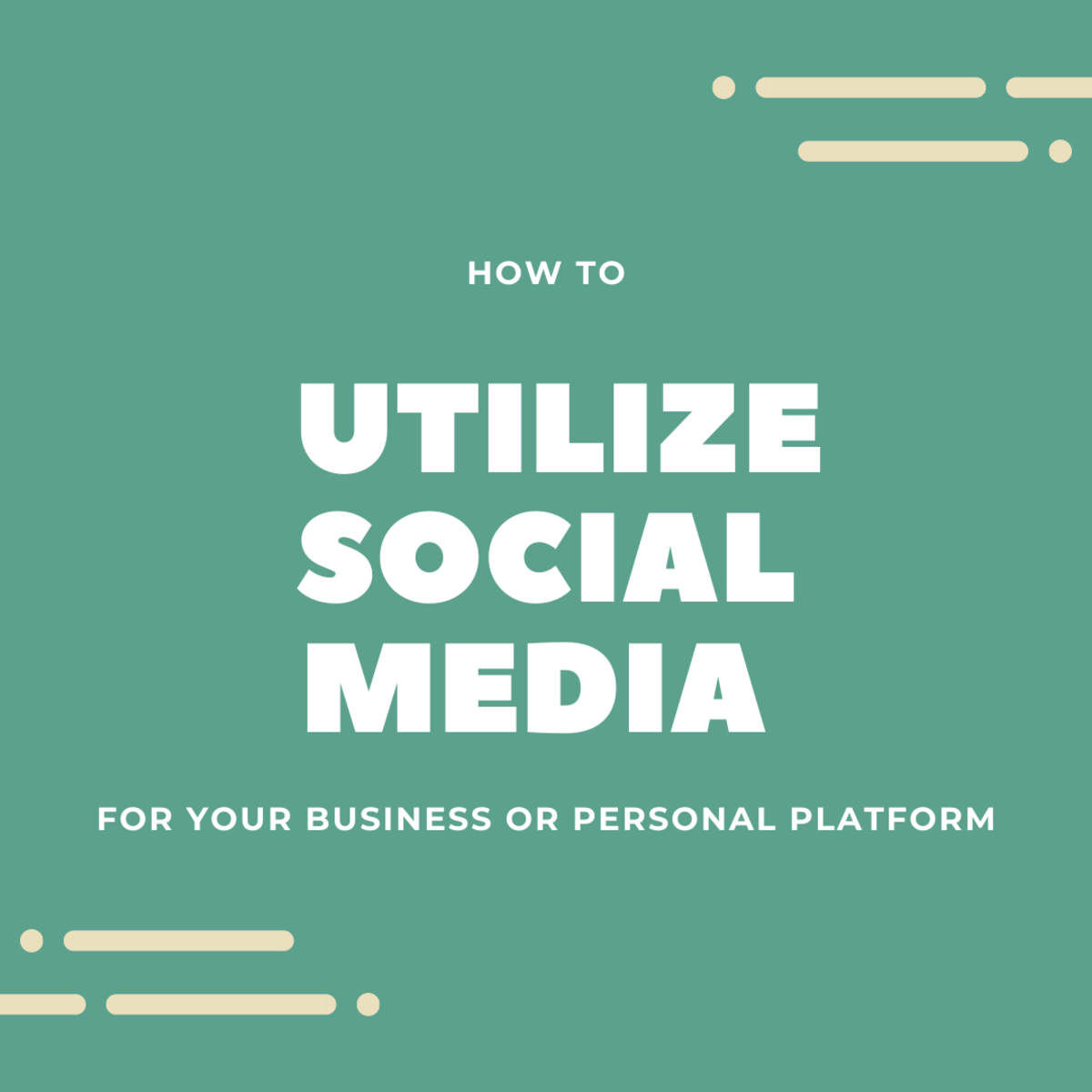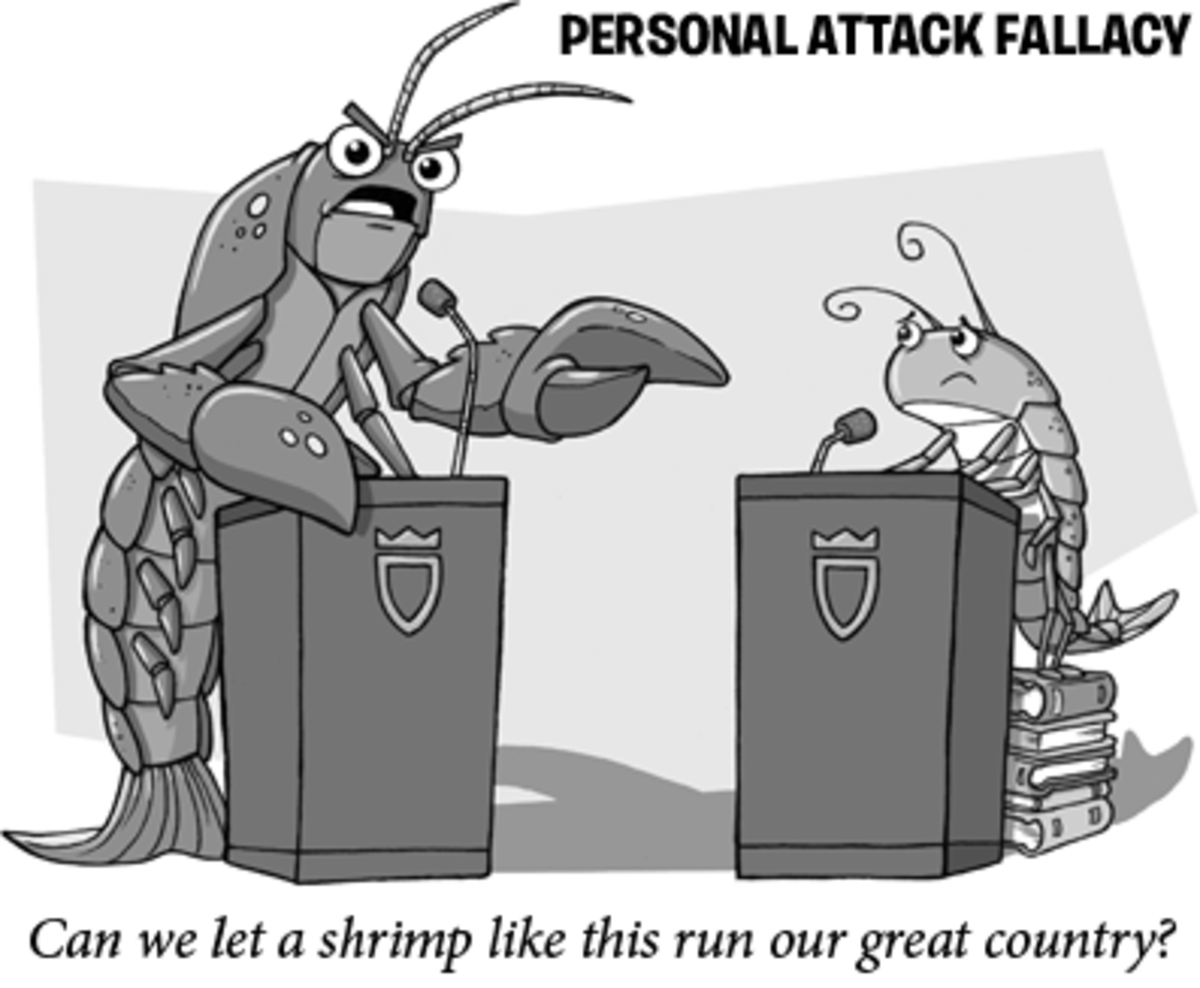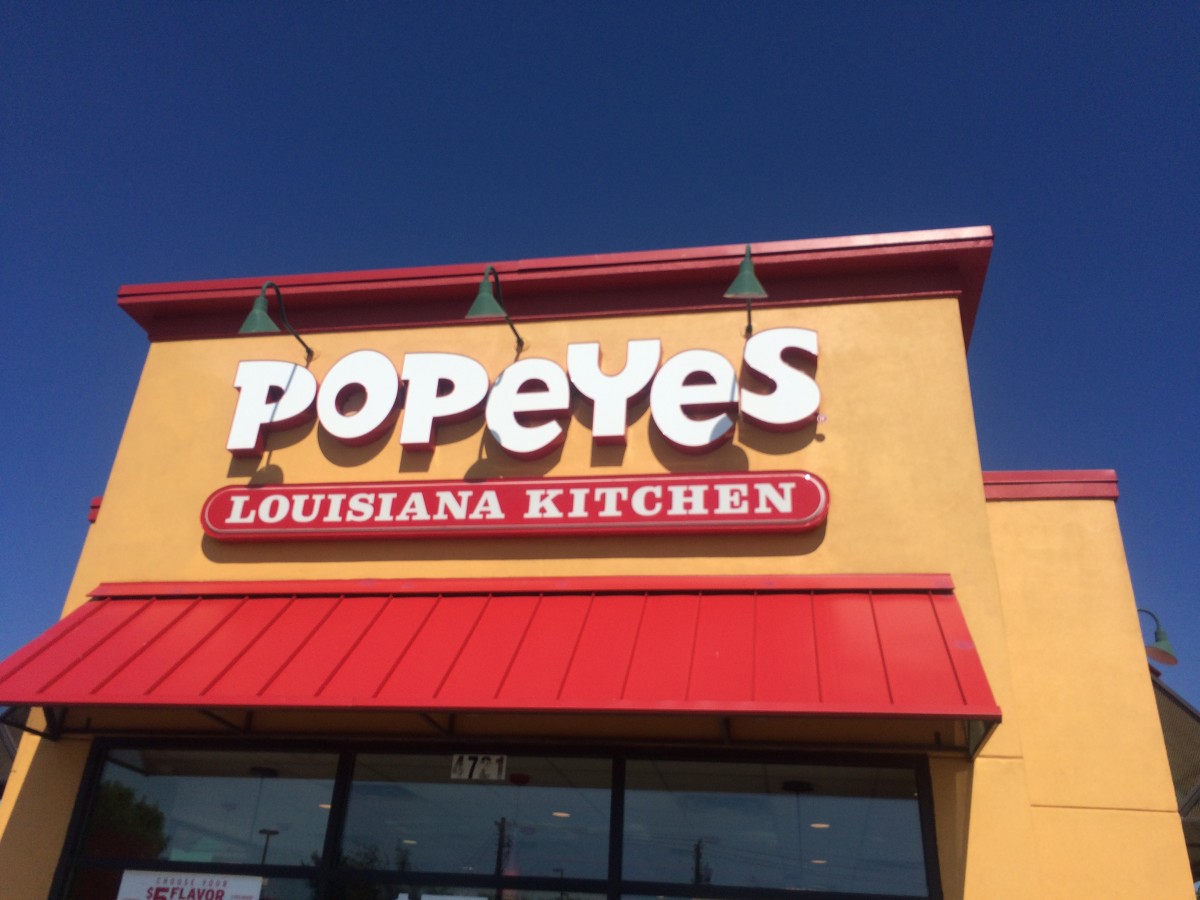Is There Such a Thing as Bad Publicity?

Is there no such thing as bad publicity?
In these days of reactive social media the possibilities for PR disaster are much greater.
With sites such as Twitter allowing for rapid responses to PR mistakes on a potentially global scale, is there really still no such thing as bad publicity?

Does the 'No such thing as bad publicity' still ring true?
We've all heard the phrase, 'There's no such thing as bad publicity', but in these days of social media does it still ring true?
Marketing used to be a fairly one-sided affair, with companies or those in the public eye to a large extent in charge.
Now, with social networking sites such as Facebook and Twitter, the balance has shifted. Publicity is an interactive affair between the object of attention and their audience. This has presented many new and exciting opportunities, but it has also opened the door to some pretty hefty PR mistakes.
As consumers we are no longer just required to listen to what the big firms tell us. With social networking and other new forms of marketing we are actively invited to voice our opinions, form our own groups or question decisions on a free public forum.
Now we have an easy way to take issue with eye and the companies we buy our products from are telling us.
Our voices are louder.
For businesses, social media has many benefits. It allows them to reach out to their target audience in a much more immediate way and promotes interaction which can sometimes be very rewarding. In this sense, you might think that anything which allows companies to so easily and cheaply boost their profiles can only be good for sales or, in the case of celebrities, their public image. As a particularly famous case, think how Stephen Fry's early embrace of Twitter has endeared him to an entire new generation of fans.
When things go wrong
But, as we all know by now, there are the downsides. Opening yourself up to such public scrutiny and commentary means that if a mistake is made or a remark is taken out of context, the response can get rapidly out of hand and can potentially be very damning.
Think of the infamous #amazonfail debacle a couple of years ago - a perfect example of where it can go wrong for a retailer. This happened when it appeared that Amazon.com had removed hundreds of gay and lesbian themed books from its seller rating system. Some titles were even delisted from the search engine. Thanks to the rapidly spreading reaction on Twitter under the hashtag #amazonfail, this received widespread media attention and an embarrassed Amazon was forced to apologise. This was even though the removal had actually been the result of a programming error rather than deliberate discrimination.
The UK comedian Alan Davies also got into hot water recently with an ill-considered tweet. This further antagonised the people of Liverpool following comments he had made seeming to make light of the 1989 Hillsborough disaster - for which he had apologised. He posted a picture mocking '80s Liverpool fashion and many Liverpool fans quickly responded, with one saying the latest post "makes a mockery of any apology you've made." Davies made a £1000 donation to the Hillsborough Justice fund but the damage to his reputation, at least amongst Liverpool fans, may not be so easily mended.
So what does all this tell us? In short, in today's world of rapid-fire media response, which means any foolish remark or mistake can provoke a national or even global outrage, publicity is not always welcome.
Handled skilfully, these new methods of online marketing can be a Godsend for building a public image. Handled badly, they can spell PR disaster.
This is something we might all want to bear in mind if we are thinking of using platforms such as Facebook or Twitter for self-promotion.

Marketing Fails: Recent Online PR Blunders
Not all online publicity is good publicity, and some marketing campaigns can fairly be categorised as unmitigated disasters. Last week (April 2013) the Ford motor company was left red in the face after a series of animated adverts depicting images of scantily clad, bound and gagged women were leaked online.
The ads were not approved by Ford but were posted on the Adsoftheworld.com website, leading to the dismissal of the entire creative team at JWT India. The ads received widespread condemnation, fuelled no doubt by the recent publicity surrounding shocking sex attacks on women in India.
Ford is not the only company to have slipped up spectacularly in the past year. Here are some more recent online marketing blunders which have called for a certain amount of damage control to say the least:
In March 2012 Microsoft launched a ‘Smoked by a Windows Phone’ retail challenge. It offered a free laptop to the first person to perform basic tasks faster with their existing smartphone than a Microsoft employee with a Windows phone. However, when a tech CEO managed to do this Microsoft reneged on the prize and unleashed a storm of criticism. Not a clever move.
In May 2012, Facebook’s global CMO Joel Ewanick announced that GM was cancelling $10 million worth of paid Facebook advertising as the paid ads “had little impact on consumers.” As this comment came three days before Facebook’s IPO, the result was a 13 per cent decrease in stock prices in Facebook’s first three days as a publicly listed company. Ewanick was fired soon after.
In Spring 2012, a controversial pre-Olympics ad filmed by WPP-owned Y&R’s Buenos office caused a bit of a stir for all the wrong reasons. It featured a member of the Argentine Olympic hockey team training in the Falkland Islands, doing step-up exercises on a British war memorial. It included the line ‘To compete on English soil, we train on Argentine soil’. The result was a minor diplomatic row between the UK and Argentina.
In December 2012, a Twitter promotion by Starbucks named #spreadthecheer blew up in its face spectacularly when protesters got wind of Starbucks legally saving on taxes by buying coffee through its Swiss division. Rather than the successful PR exercise it envisaged, Starbucks was treated to the sight of angry protesters filling the Natural History Museum’s giant screen with angry tweets. Not the result it had been hoping for.

Tips For Those New To Filmed Interviews
Perhaps your company has hit the headlines recently; it may be for the right reasons or not. On the other hand, you may have found yourself in a senior role at larger corporation and are suddenly required to speak at length in front of a camera. Whatever your position, the first few times you are interviewed whilst being filmed can be nervous affairs particularly if there is the potential for a large audience.
Thankfully, there are several tips to bear in mind that can get you through those potentially agonising few minutes and ensure both you and your company are portrayed in the best possible light.
First of all, local media training companies are often great ports of call for expert, one to one coaching and experience. These companies are more common than you might think; a Google search for media training London will return a list of reputable results. Whilst larger companies are more likely to expense such courses, an SME may be more reluctant. Searching through the ‘media training London’ results however, might surprise you as courses are often not as expensive as you’d first think.
In a filmed interview whether you like it or not, appearance counts for a lot. Whilst you might not be going for a professional make up session before, it is extremely important your clothes are smart, your hair is tidy and your appearance is professional and balanced. People make judgements based on their first impressions and so it is essential you look the part.
How you speak is also often as important as what you say. Make a conscious decision to slow down, pause for breath before answering questions and do your upmost to avoid mannerisms such as erm or do you know what I mean?
Preparation is also absolutely crucial for filmed interviews. Well in advance of the interview you should have prepared around three key points that convey the message you wish to get across. These should be well rehearsed and you must have up to date, accurate facts to back up your opinions.
On a similar note, you need to understand who it is that will be interviewing you. Social media makes looking them up incredible simple but ensure you utilise it and read up on their history, interests and reputation. If you can engage them and get them onside the interview is going to be a whole lot smoother.
After the interview ensure you follow up with an email to the interviewer thanking them for their time. Connecting with them via social media is also a good way to establish a relationship that you may be able to call on in the future. Even simple networking can become extremely useful in the future.








